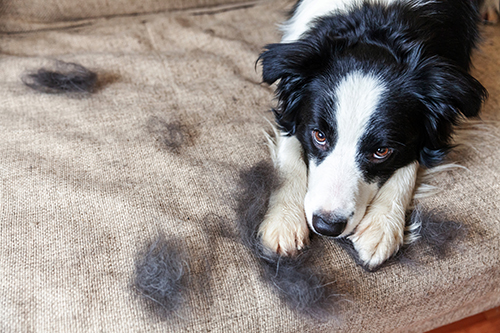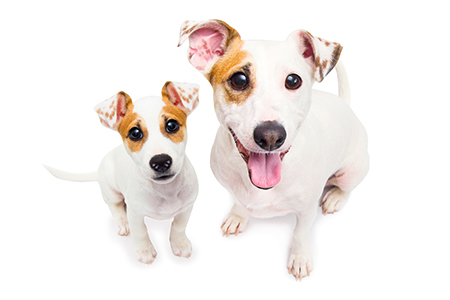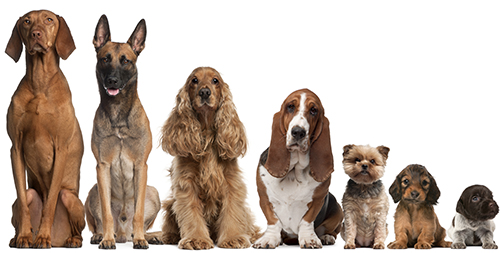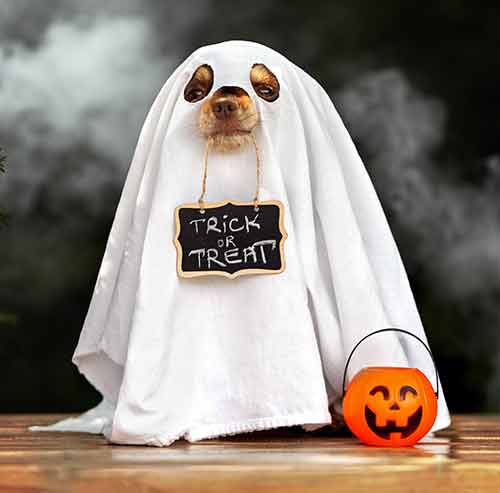 Pet shedding is an animal’s natural process of losing old or dead hair. Certain breeds of dogs are more prone to shedding than others, but most pets lose hair. Some dogs, particularly dogs who are kept indoors most of the time, tend to shed the same amount throughout the year, while other breeds develop a thick coat to combat the cold weather and shed more in the summer. If you notice an abnormal amount of hair loss in your dog, however, there may be something going on that warrants a visit to the Whitworth Animal Clinic. Your pet may be coping with stress, in need of better nutrition, or there could be a medical issue that needs attention.
Pet shedding is an animal’s natural process of losing old or dead hair. Certain breeds of dogs are more prone to shedding than others, but most pets lose hair. Some dogs, particularly dogs who are kept indoors most of the time, tend to shed the same amount throughout the year, while other breeds develop a thick coat to combat the cold weather and shed more in the summer. If you notice an abnormal amount of hair loss in your dog, however, there may be something going on that warrants a visit to the Whitworth Animal Clinic. Your pet may be coping with stress, in need of better nutrition, or there could be a medical issue that needs attention.
If you live in Madison or surrounding areas in north Alabama, you can contact Charles D. Whitworth, D.V.M., who heads up the Whitworth Animal Clinic, to ask whether your pet is at risk or is simply dropping dead hair at a normal rate. Although pet shedding is to be expected in most dogs and cats, the mess those hairs make around your home can be quite a nuisance. While there is no way you can stop your pet from shedding completely, there are some steps you can take to at least keep things under control.
Brush your pet regularly. Make a habit of brushing your dog’s hair at least two or three times a week, perhaps even daily if your dog has long hair. Not only does brushing reduce shedding by catching dead hairs on a brush instead of your rug or couch, but it also relaxes your pet and enlivens her coat to be shinier and healthier. You’ll also be removing accumulated dirt from the skin and help prevent matting. It’s a good idea to ask the north Alabama professionals at Whitworth Animal Clinic for tips on the best type of brush to use. There are various kinds of brushes and de-shedding tools that work differently depending upon your breed’s coat.
Keep your dog on a high quality diet. If you are feeding your pet nutritious food, without a lot of fillers, you can help avoid excessive shedding issues from occurring. Stay away from pet foods that are high in corn or grains that are hard to digest. Instead, look for diets that list meat and protein as the first or main ingredients.
Give your pet a weekly, gentle bath. This is especially true during the hotter months, when shedding tends to be more of an issue. If your pet is clean, his coat will be healthier. Use an oatmeal soap, so the skin doesn’t become dried out.
Add some Omega-3 fatty acids to your dog’s food. Check with your vet or call Charles D. Whitworth, D.V.M. for advice on the amount or type of Omega-3 fatty acids to serve your pet before going forward, however. This nutritious additive can be in the form of olive oil, flaxseed oil, dietary supplements, or fish, such as salmon (no bones, of course!). The amounts and types given vary depending upon body weight, but Omega-3 can decrease dandruff and calm skin, as it also improves the texture of your pet’s coat.
Make sure your pet gets regular check-ups. Keeping your pet healthy with regular visits to your Madison area veterinarian is important to ensure your dog isn’t shedding for a reason that can be avoided. For example, some dogs have food sensitivities or allergies that can cause shedding. Issues with fleas can also lead to shedding, so get some flea protection advice while visiting your vet.
Whitworth Animal Clinic is a full-service veterinarian facility serving the communities of Madison, Huntsville, Decatur and surrounding areas in north Alabama. Charles D. Whitworth, D.V.M. and the staff at Whitworth Animal Clinic provide the latest in preventive health care, routine check-ups, and lab and surgical procedures. Contact us today for a consultation or to learn more about pet shedding.
© 2018 Whitworth Animal Clinic. All rights reserved.






